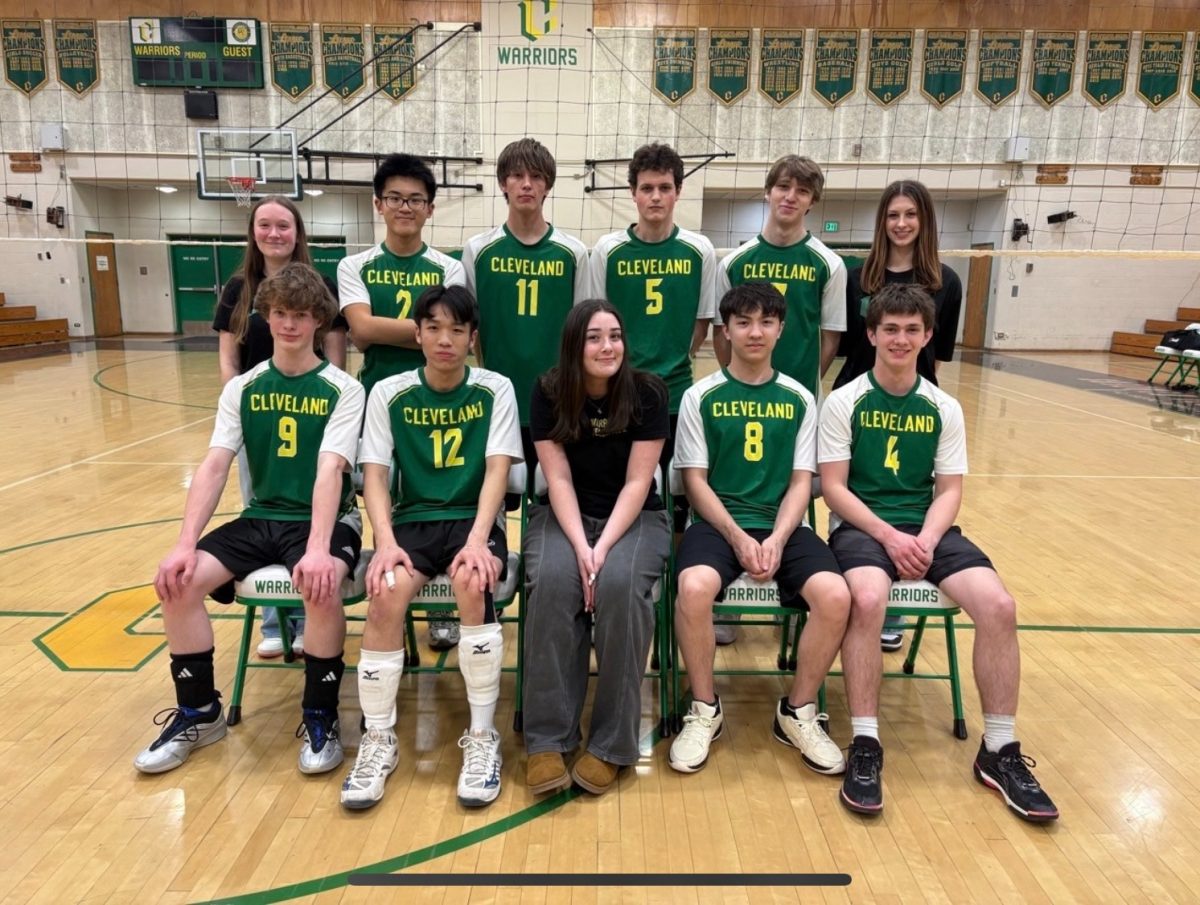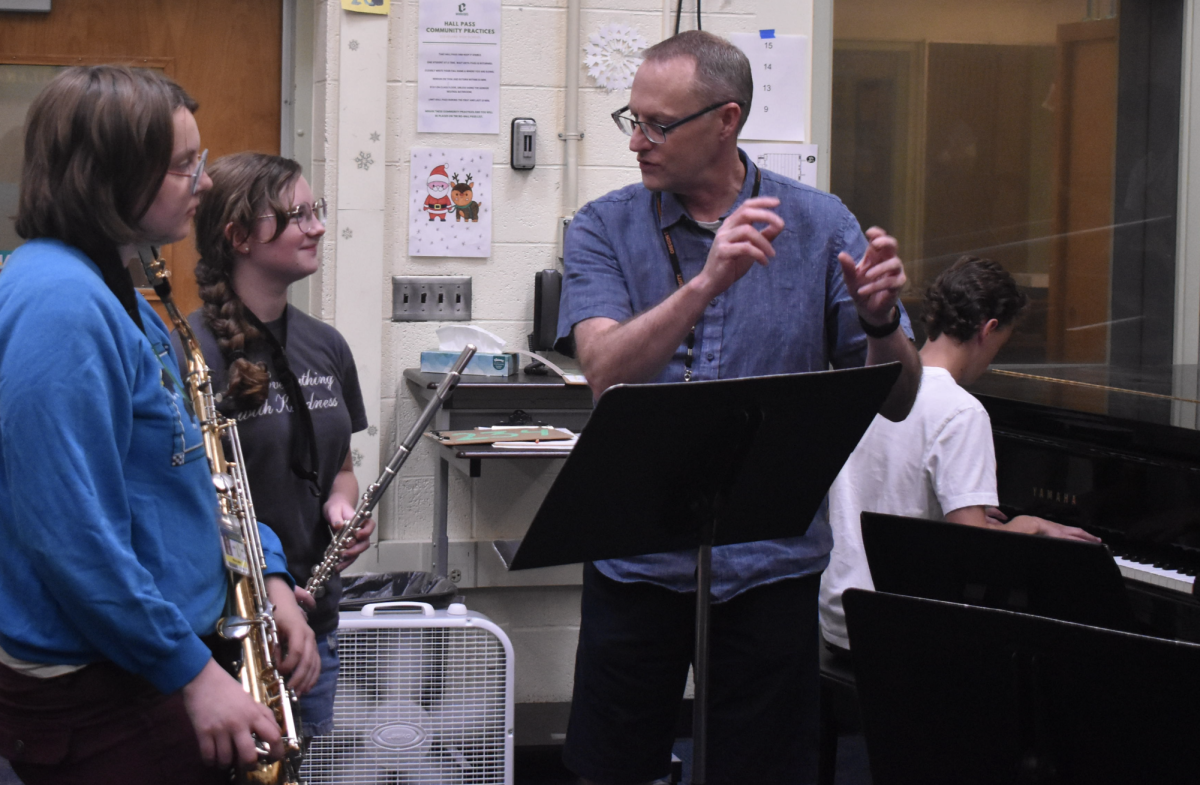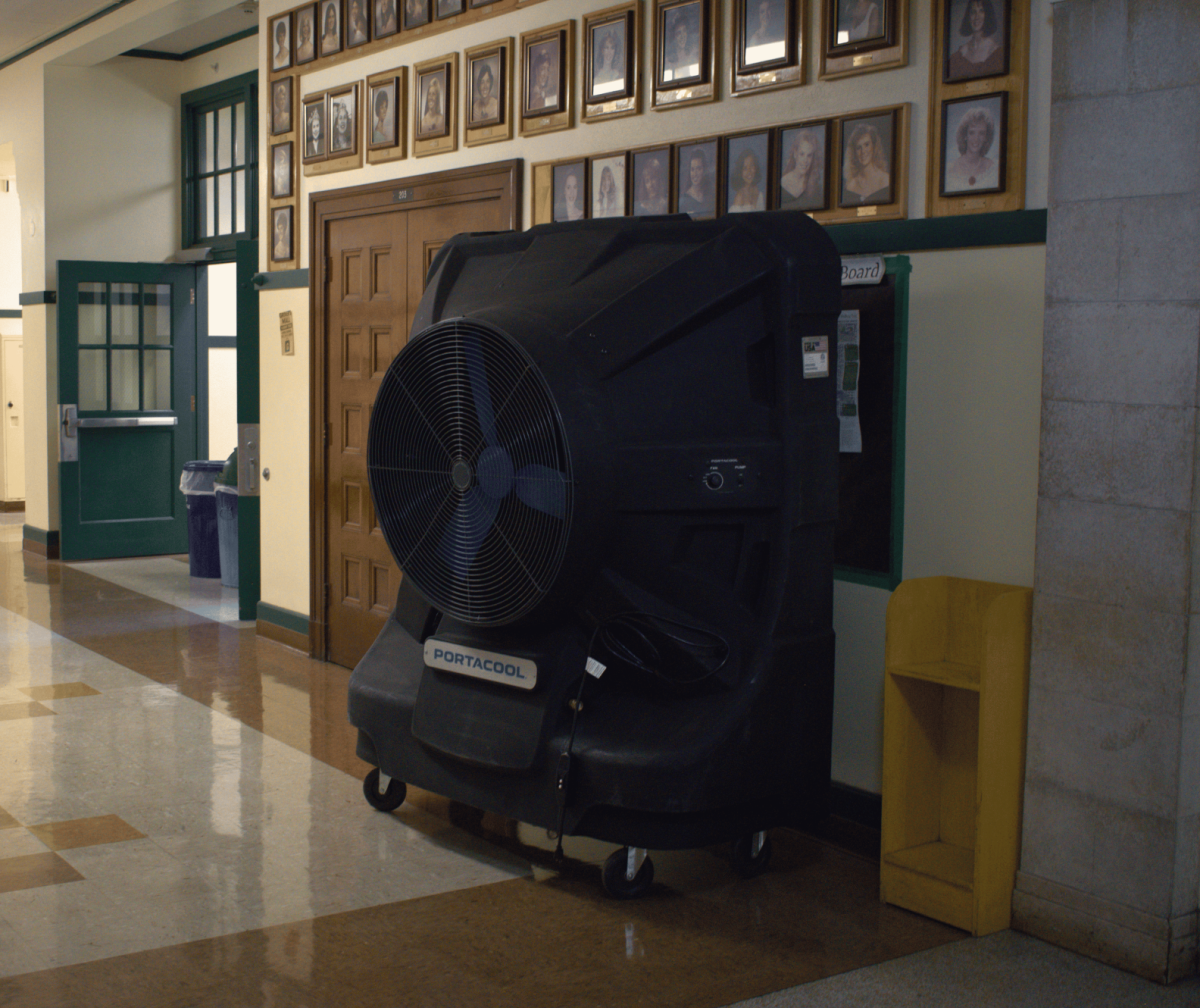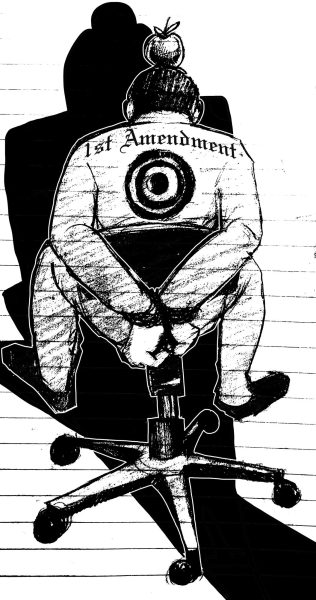
In a nation that was founded on the principle of free speech, recent events are causing concern about the protection of First Amendment rights among the American body. The government’s censorship of political beliefs shows beyond doubt that free speech is under a calculated attack.
The United States Constitution states that Congress shall make no law abridging the freedom of speech. This essentially means that citizens have the right to express their opinions and beliefs without restriction or punishment from the government, unless it is speech that includes true threats, criminal conduct, or incites imminent lawless action.
Americans have always valued the protection of the First Amendment. When polled prior to the upcoming 2024 election, 63 percent of U.S. voters stated that they prioritized their right to free speech (Riccardi & Fernando, 2025), as well as choosing a leader who shared this sentiment.
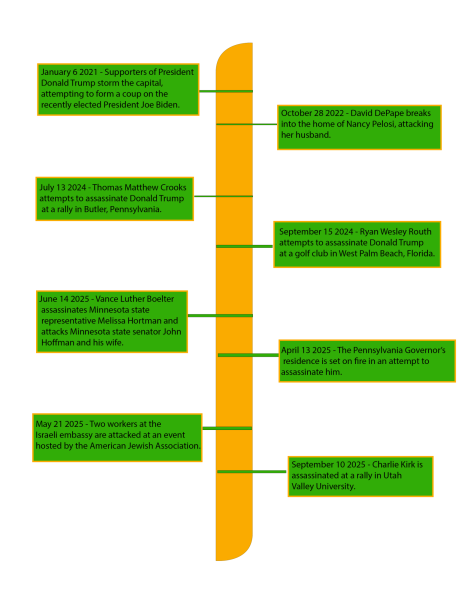
Meanwhile, presidential candidate Donald J. Trump was conveniently framing his campaign around the protection of the First Amendment and publicly criticizing federal censorship. His successful election instilled in the American people the false belief that they wouldn’t have to fear governmental encroachment on their right to free speech. Despite President Trump promising this for his constituents, it has become increasingly obvious that his support of the First Amendment was a political tactic intended to create a front that appealed to the majority.
Over the last few months, President Trump has generated a wave of controversy about his censorship of sources often considered credible and objective. In late January, he called for the removal of extensive vocabulary from government-affiliated websites and documents. The vocabulary is primarily centered around what the MAGA movement considers “woke” concepts that are commonly respected by and align with leftist beliefs, such as feminism and racial justice.
In March, news organization the Associated Press released a statement about their experience of being removed from the White House Press Pool by President Trump. It was explained that “the White House retaliated against the news outlet for not following President Donald Trump’s executive order to rename the Gulf of Mexico”(Ricardi & Fernando), and as a consequence, they were no longer a part of the selective circle chosen by the administration for reporting on governmental matters. Furthermore, President Trump firmly expressed that he believes broadcasters who report negatively on him should have their licenses revoked by the FCC (Federal Communications Commission). While no real action has been taken yet regarding this specific statement, the AP’s press pool ban demonstrates President Trump’s willingness to act, and the threat of the government silencing certain political speech is an increasingly pressing issue.
More recently, the right to petition has been the subject of serious debate. The Trump administration’s effort to mass deport undocumented immigrants has created serious concern about the protection of the right to petition. Activist and lawful permanent resident Mamhoud Khalil had been a vigilant protestor of the Gaza War at Columbia University, where he was a graduate student. He gained notoriety as the face of many important college-centered political movements, and for this reason, Mamhoud’s pro-Palestinian stance was noticed by President Trump, who assumed him to be a Hamas supporter. Mamhoud was then arrested by U.S. immigration authorities, despite an ultimate lack of evidence tying him to anything threatening the country’s security. They are now fighting for his deportation. Those in opposition to President Trump’s policies fear persecution from the government, which has created a chilling effect that is, at its core, unconstitutional.
On Sept. 10, political activist Charlie Kirk was assassinated while giving a speech at Utah Valley University. Kirk was a right wing lobbyist and political debater who had many allies in high positions of government. The assassination of Kirk left the country shaken, many feeling an overwhelming sense of grief and rage in the face of violence, and some feeling a strange sense of relief.
From this assassination, backlash ensued. Many Democrats believed that there was too much media attention drawn to Kirk when more pressing issues were happening globally. For instance, on the day of Kirk’s assassination, two high school students were victims of a school shooting at Evergreen High School in Colorado. Given that Kirk was an avid protector of the Second Amendment, and died at the hands of what he was advocating for during his lifetime, some argue that the focus on his death was disproportionate compared to the other examples of gun violence that took place around the same time.
“I think some of the breathless coverage was a little bit overblown and lacking in balance and perspective,” said Earl Blumenauer, a former member of the House of Representatives. ¨The recent upsurge in political violence is making people less sensitive to the problems of political violence. We risk normalizing that behavior when it should be resisted.”
The New York Times reports that many teachers are being fired for publicly expressing their opinions on the assassination. At Clemson University, two teachers and a staff member were fired after posting their opinions on social media. The same article reports that the Texas Education Agency has investigated hundreds of teachers for the same reasons.
Vice President JD Vance spoke to the issue in a Fox News interview. “If you are a university professor who benefits from American tax dollars, you should not be celebrating Charlie Kirk’s death, and if you are, maybe you should lose your job or your university should face a loss of funding,” he said.
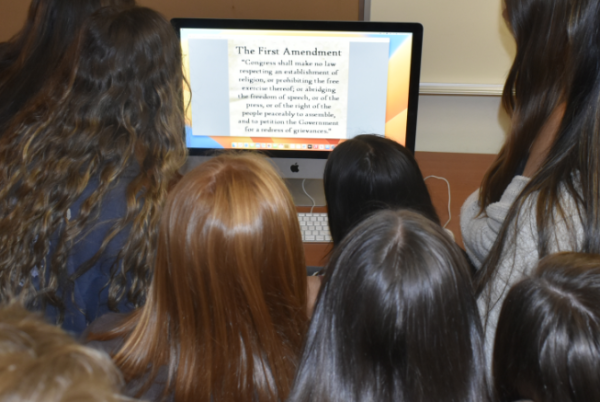
This raises several issues regarding the right to free speech in America. Advocate Heather Steffen expressed her opinion on the issue. “I’m concerned that this will continue to be a strategy used to limit free speech and academic freedom,” she said.
Following the events of Sept. 10, the television host Jimmy Kimmel made comments about the Kirk assassination, claiming that MAGA Republicans were attempting to capitalize on the death, gaining what he called “political points.” These remarks prompted two of the largest television station groups, Sinclair and Nexstar, to make announcements that they would not air the show. These station groups are in charge of showing channels like ABC locally and therefore have immense power in the censorship of the media. Disney, which owns ABC, decided to suspend Kimmel’s show to “avoid further inflaming a tense situation.
The cancellation of Jimmy Kimmel Live prompted enormous public debate over government control and free speech. At the time of writing, Disney has decided to revoke the suspension and will air the show again. The Sinclair television group has remained by their decision to replace Kimmel’s show with news programming, while Nexstar has not yet commented on the matter.
All of these incidents speak to a larger issue of control over our free speech. If a line must be drawn at what people are permitted to speak out against, who draws that line? The government? Corporations? These groups have dictated our free speech for years without the lawful right to do so, and the truth is it’s only getting worse.
The 1988 Supreme Court case Hazelwood v. Kuhlmeier ruled that school officials can censor school-sponsored newspapers if the work is “reasonably related to legitimate pedagogical concerns”. Blumenauer believes that schools should be a place to have open discussions, without the fear of restricted speech. “Our schools, particularly college campuses, should be the cradle of freedom of speech,” he said.
The First Amendment is an essential part of upholding American democracy; however, the recent stories of political violence and government censorship have all proved the same thing: the right to free speech is hanging in the balance. As tensions continue to rise, it is critical that citizens remain informed and advocate for themselves. Freedom of speech is upheld not just by law, but by the voices of the people it was created to protect.



